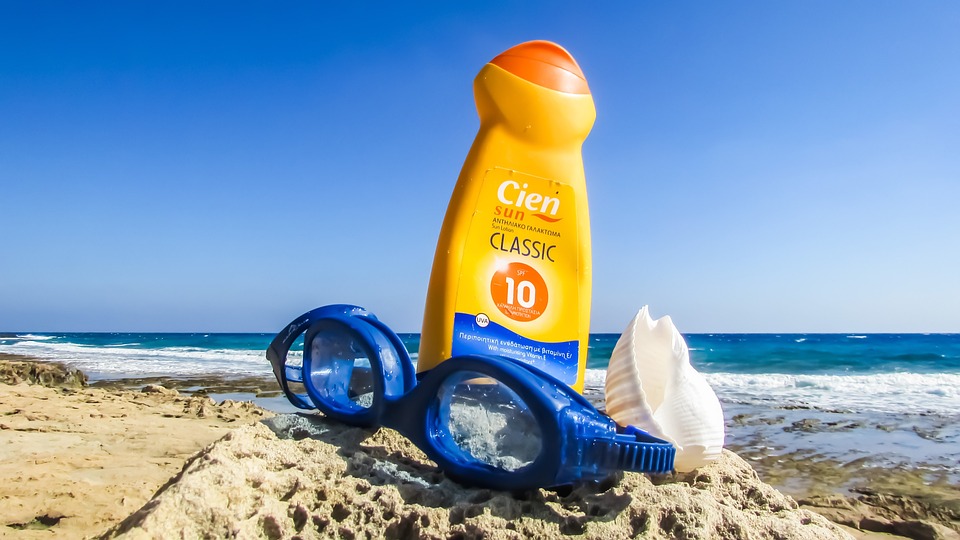Sunscreen Expiration: When to Toss It and When It’s Still Safe
As summer rolls around and outdoor adventures beckon, many of us reach for our trusty tube of sunscreen. But how often do we check the expiration date? Sunscreen is a crucial ally in safeguarding our skin from harmful UV rays, yet many don’t realize that it can lose potency over time. In this article, we’ll explore sunscreen expiration dates, guidelines on when to toss old products, and signs to look for that might indicate your sunscreen is no longer effective.
Understanding Sunscreen Labels
Most sunscreens are labeled with either an expiration date or a "12M" symbol, which indicates a shelf life of 12 months once opened. The FDA requires that all sunscreens retain their original strength for at least three years, which means if your sunscreen does not have a specific expiration date, it should still be effective until the three-year mark. However, after this period, the product may not provide the protection indicated on the label.
When to Toss Your Sunscreen
-
Check the Expiration Date: The simplest way to determine if your sunscreen is still safe to use is to check for the expiration date on the bottle. If the date has passed, it’s best to purchase a new one. Even if the tube is unopened, prolonged exposure to high temperatures can cause the ingredients to break down, leading to reduced effectiveness.
-
After Three Years: For products without an expiration date, use them only within three years of purchase. If you can’t remember when you bought it, it’s safer to replace it.
-
Changes in Consistency or Color: Sunscreen should be uniform in texture and color. If you notice separation, clumping, or an unusual odor, it’s time to say goodbye. These changes can indicate that the emulsion has broken down or that the active ingredients have degraded.
- Use of Sunscreen with Active Ingredients: Some sunscreens contain natural ingredients or specific compounds that may have a shorter shelf life than traditional chemical sunscreens. Sunscreens featuring zinc oxide or titanium dioxide can be particularly sensitive to age, as the dispersion of these minerals may change over time.
When It’s Still Safe to Use
-
Under Three Years: If your sunscreen is less than three years old and hasn’t been opened, it’s generally considered safe to use even if there isn’t a clearly marked expiration date.
-
Proper Storage: If your sunscreen has been stored in a cool, dry place away from direct sunlight, it may last longer than if it were exposed to heat and humidity. Extreme conditions can accelerate the breakdown of the active ingredients.
- Normal Appearance: If the sunscreen appears normal—no discoloration, separation, or foul odors—there’s a good chance it’s still effective. However, when in doubt, it’s always best to err on the side of caution.
Best Practices for Sunscreen Use
-
Buy Small Sizes: If you don’t spend a lot of time outdoors, consider buying smaller sizes of sunscreen to avoid having to toss unused products.
-
Store in a Cool, Dry Place: Prevent breakdown by keeping sunscreen in a cool, dark location, such as a cabinet rather than in your car or in direct sunlight.
-
Follow Application Guidelines: Reapply sunscreen every two hours when outdoors, and immediately after swimming, sweating, or towel drying to maintain protection.
- Take Note of Your Activities: With daily use, you’re likely to go through sunscreen more quickly, especially if you spend extensive time outside.
Conclusion
Using sunscreen is essential for protecting your skin from damage caused by UV rays. However, using expired or ineffective products can leave you vulnerable and defeat the purpose of your protective efforts. By understanding expiration dates, being mindful of product changes, and following best practices, you can ensure you’re always equipped with the most effective sun protection. Enjoy the sunshine responsibly, and prioritize your skin health!
